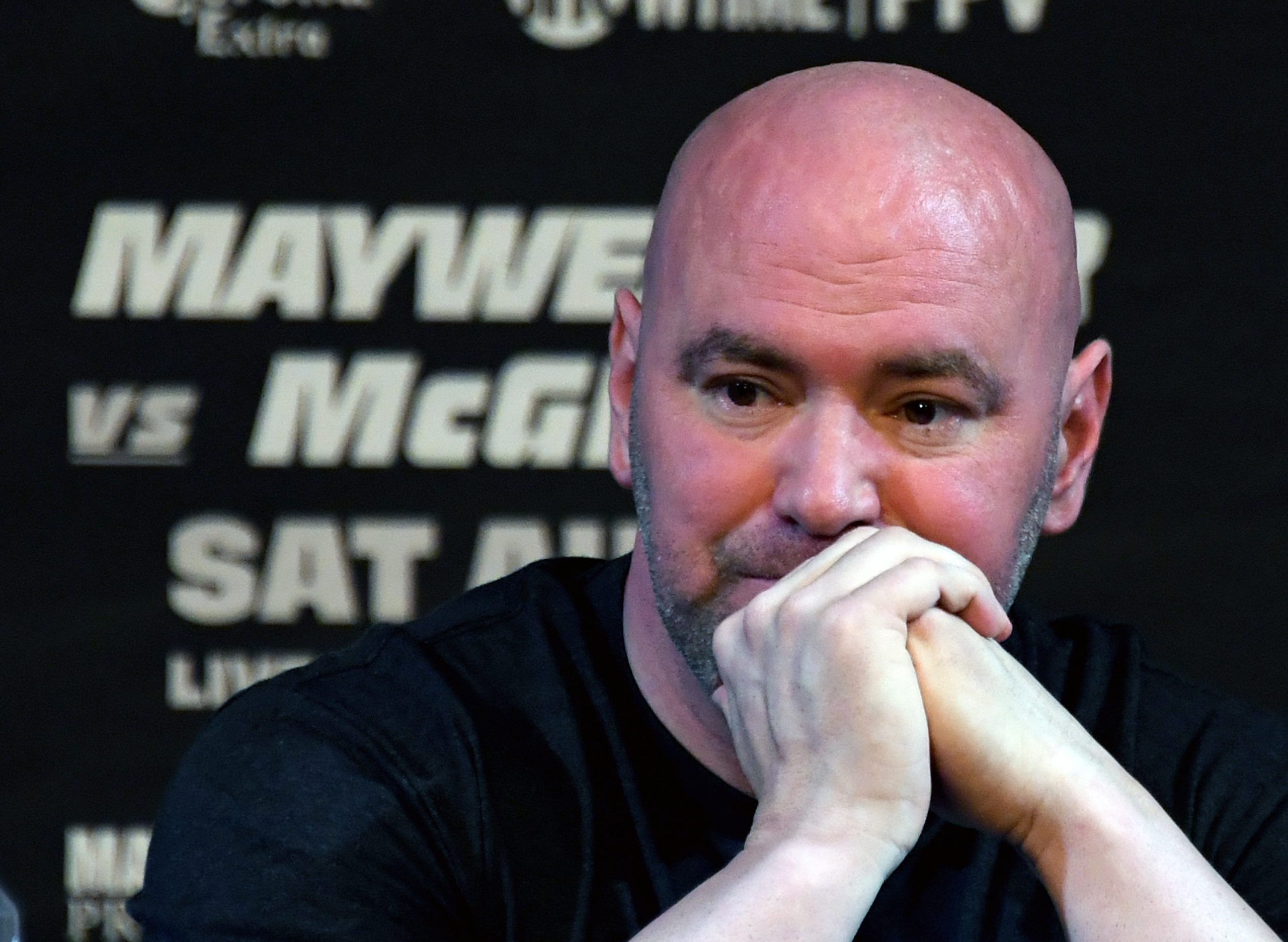Mixed Martial Arts (MMA) is growing increasingly popular around the world. Today it is a mainstream sport in which athletes can earn a lot of money and spectators can be entertained with a mixed style of martial art fighting. Whilst the sport is international, Brazil is considered the launchpad of the sport that was refined in later years in the US and Japan. Today, it is the US that hosts the busiest schedule of events, with many taking place under the UFC banner in Las Vegas.
Early days of MMA
The combat sport began in the late 1920s in Brazil as a form of entertainment in which two men fought in what was known as “Vale Tudo”, which was a mix of boxing, capoeira practitioners, freestyle and later jiu-jitsu fighters. Spectators would place bets on the eventual winner, in ways that it is now safe to do for sports today thanks to topnewcasinosonline.com Victory was achieved when one fighter was out, so there were no set time limits and few, if any rules.
In the US
With increased awareness of karate and judo during the 1940s onwards, questions began to arise in the west about whether these were superior to the combat sport of boxing in the West. This led to the first sanctioned MMA match in the US in 1963, when Gene LaBall, an American Judo champion opposed Milo Savage, a former top-ranked boxer, fought a match in which Savage was rendered unconscious. Around the same time, MMA was launching in Japan, with Pancrase matches producing some of the first MMA’s first stars.
The launch of UFC

Meanwhile, in the United States, an academy opened in Los Angeles that wanted to expand across the country as well as the online casino environment. To achieve this, challenge matches in the form of martial arts tournaments that pitted different styles against each other were organised. These tournaments were known as the Ultimate Fighting Championship (UFC) and UFC1 was held on 12 November 1993, with Royce Gracie defeating opponents twice his size
Around this time, the UFC created weight-classes and general safety rules and in 2001, just after UFC29 when Zuffa, headed by Dana White and Lorenzo Fertitta, bought the UFC for USD2m, the rules continued to be formalized to legitimise the sport, which ultimately led to the UFC becoming licensed in Nevada and across all US states.
UFC as a business
The purchase of UFC turned MMA into a business. Fighters started seeing MMA as a career rather than just a venue to test their skills and at the same time, opportunities were created by bookmakers to incorporate it into their gaming portfolios. With an eye on a career, fighters began training in multiple disciplines rather than just focusing on one. Within a decade, MMA fighters were more athletic, younger and more skilled than ever before and many of them had their first pro fights in this time period.
The first card held in Nevada was UFC 33, which took place at the Mandalay Bay Events Center in September 2001 and fans were not afraid to bet since results were clear-cut, without the sort of controversial decisions that plagued boxing. The Vegas sportsbooks handle UFC mostly the same way as boxing, with odds on the two fighters and an over/under on the number of rounds
In October 2007, Zuffa bought out and ended Pride FC in Japan, leaving the UFC unchallenged as the only global MMA promotion. The UFC has pushed MMA further into the mainstream, with all major sport media outlets now having MMA writers, event coverage, and columnists.
